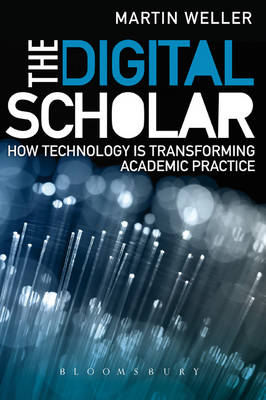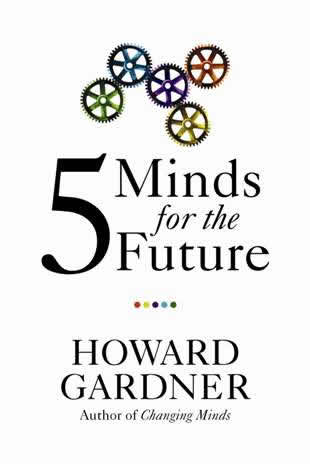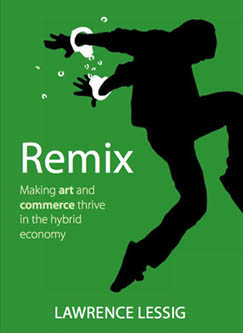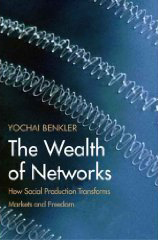A literary education (of sorts)
Sunday, May 25th, 2014I hated English Literature at school, and duly responded by failing my O-level. From what I can remember, the syllabus consisted of an obligatory Shakespeare (in my case, Twelfth Night), something by one of the Brontës, and shitloads of Robert and Elizabeth Browning. This may have been partly determined by me being in a ‘grammar school’ stream (which had continued to operate under the comprehensive system recently ushered in by the Labour Party), as I also recall being envious of a ‘secondary school’ stream who were reading Barry Hines’ A Kestrel for a Knave, with its brilliant and iconic 70’s cover.
The announcement of a shift towards a more Anglicised and pre-20th century GCSE syllabus seems to be taking us back to the seventies and eighties, when incidentally – in choosing not to continue studying it for O-level – my History education also stopped somewhere around the Middle Ages. It also appears to be directly influenced by Michael Gove and an educational policy seemingly hellbent on a ‘back to basics’ rhetoric to appease the Tory right and massage his future leadership ambitions. As such, the announcement was received by typically mixed responses of incredulity, anger and bemusement from the educational community.
But it reminded me that when I left school, and started reading books of my own choice, it sparked a new and voracious appetite for literature that was initially fuelled by American mid-20th century classics such as To Kill a Mockingbird and The Catcher in the Rye. These may have become clichéd teenage cult novels, but they helped form the basis for a self-directed literary education (of sorts), which rapidly expanded to include the works of Steinbeck, Hemingway, Faulkner and many more.
It’s interesting to recall the cultural landscape in which this occurred: a period of self-discovery which corresponded with a growing exploration and awareness of not only books, but of music and film, primarily mediated by the NME, fanzines and several like-minded individuals in my peer group. These days, such resources are massively multiplied, distributed and (to an extent) democratised through the participatory culture of social media, through online networks and reading groups, often manifest in lists, recommendations and other explicit and sometimes vacuous expressions of shared cultural capital.
Perhaps it is partly the role of formal schooling to create a stale and repressive environment that might initiate informal, self-motivated and alternative learning cultures and trajectories, but I’m mindful that there are too many young adults who stop reading books entirely when they leave school. So it’s hard to justify an increasingly restrictive and archaic syllabus at the expense of geographically inclusive and culturally diverse literature that might just help cultivate a lifelong passion for reading.








